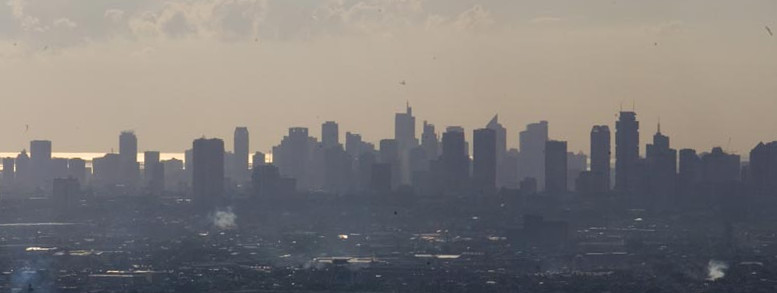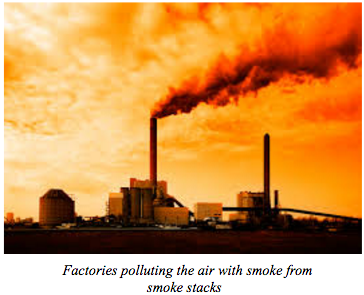


Climate change could potentially kill us. No matter what we do, climate change will in some way affect our health. Climate change is the changing of the Earth's weather patterns, which has a strong connection to global warming. Global warming is when the earth's temperature affected by the increasing levels of carbon dioxide and other harmful gasses in the atmosphere.
Climate change has mostly proved to have more negative effects than positive effects on human health. Some may argue that it hasn't affected us in any way now, so what's to say that it will ever affect us. They are actually not completely correct, many countries have found an increase in death rates due to heat waves, which are a side effect of climate change
One of the most likely negative effects of climate change on human health, will be the decrease in food and clean water. Heat waves could further the drought which will decrease the water supply, which means a decrease in farming. The drought would also cause water quality to be jeopardized, small amounts of water means easier contamination of water.
Another negative effect would be the increase in vector borne diseases. Vector-borne diseases are infections that are received through getting bitten by blood feeding insects such as mosquitoes, ticks, and fleas. According to the Public Health Journal, it is hypothesized that climate change increases the duration of the transmission season. Studies have yet to prove exactly why climate change creates an increase in these diseases.
Air quality will also be decreasing as a result of climate change. Climate sometimes can affect the level of pollutants in the air. It has been found that when there are heat waves, air pollution rises and so do death rates for many species. Greenhouse gases, and other varieties of poisonous gases like carbon dioxide and methane are attributed to an increase of climate change.
While high income countries will see some effects, poor third world countries will experience global warming more heavily due to a lack of technology and natural resources. On the contrary, rich first world countries have the money and ability to develop technology that can limit the effects of global warming on their land.
Unfortunately, since low income countries will not have the resources and the technology to sustain a healthy supply of food and water, death rates will surely increase within these third world countries.
In an interview with Sarah Potts Ashton, a former Director of the White House Climate Action Champion Program for the Obama Administration, Sarah states that "[...]in reality, climate policy is shifting to what they call ‘Climate Adaptation or Resilience,' which basically means the global climate is changing, and we as a global community need to learn how to adapt and be more resilient to its changes. The more resilient we become, the more we can mitigate or reduce the extreme impacts of climate change on human health."
To effectively reduce global warming and increasing climate change, humans should take small steps such as eating less meat since meat requires the most amount of water to grow, buying electric or hybrid cars to reduce CO2 emissions, and recycling more to reduce harmful gases from going into the atmosphere from burning plastic and other products.